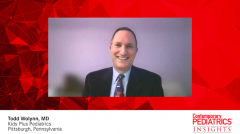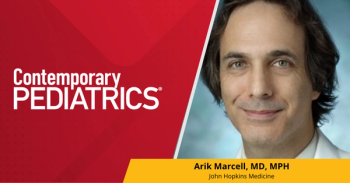
Remaining Knowledge Gaps in Influenza Vaccines
Todd Wolynn, MD, stresses the need for effective communication within the pediatric physician community to combat misinformation, particularly about influenza vaccination.
Episodes in this series
This is a video synopsis/summary of a panel discussion involving Todd Wolynn, MD.
The speaker highlights the emergence of cell-based technology in vaccine development, emphasizing that a better match leads to improved vaccine efficacy. While hemagglutinin usually takes center stage in discussions, the speaker advocates for a deeper focus on neuraminidase, citing its stability and potential to reduce shedding and clinical symptoms.
Addressing a communication gap, the speaker urges healthcare providers to enhance their skills in effectively conveying vaccine safety and efficacy information. In the era of pervasive digital devices, the speaker points out that misinformation and disinformation, especially through social media, significantly impact individuals' vaccine-related choices. The speaker stresses the need for healthcare providers to be well-trained not only in traditional face-to-face communication but also in leveraging digital platforms to counter misinformation.
Highlighting the urgency of the matter, the speaker mentions the constant influence of devices in people's lives and emphasizes the importance of healthcare providers adapting to the digital landscape. They urge providers to seek resources for better training in both in-person and online communication to combat misinformation and ensure that individuals make informed decisions regarding vaccine safety and effectiveness.
Video synopsis is AI-generated and reviewed by Contemporary Pediatrics editorial staff.
Newsletter
Access practical, evidence-based guidance to support better care for our youngest patients. Join our email list for the latest clinical updates.







